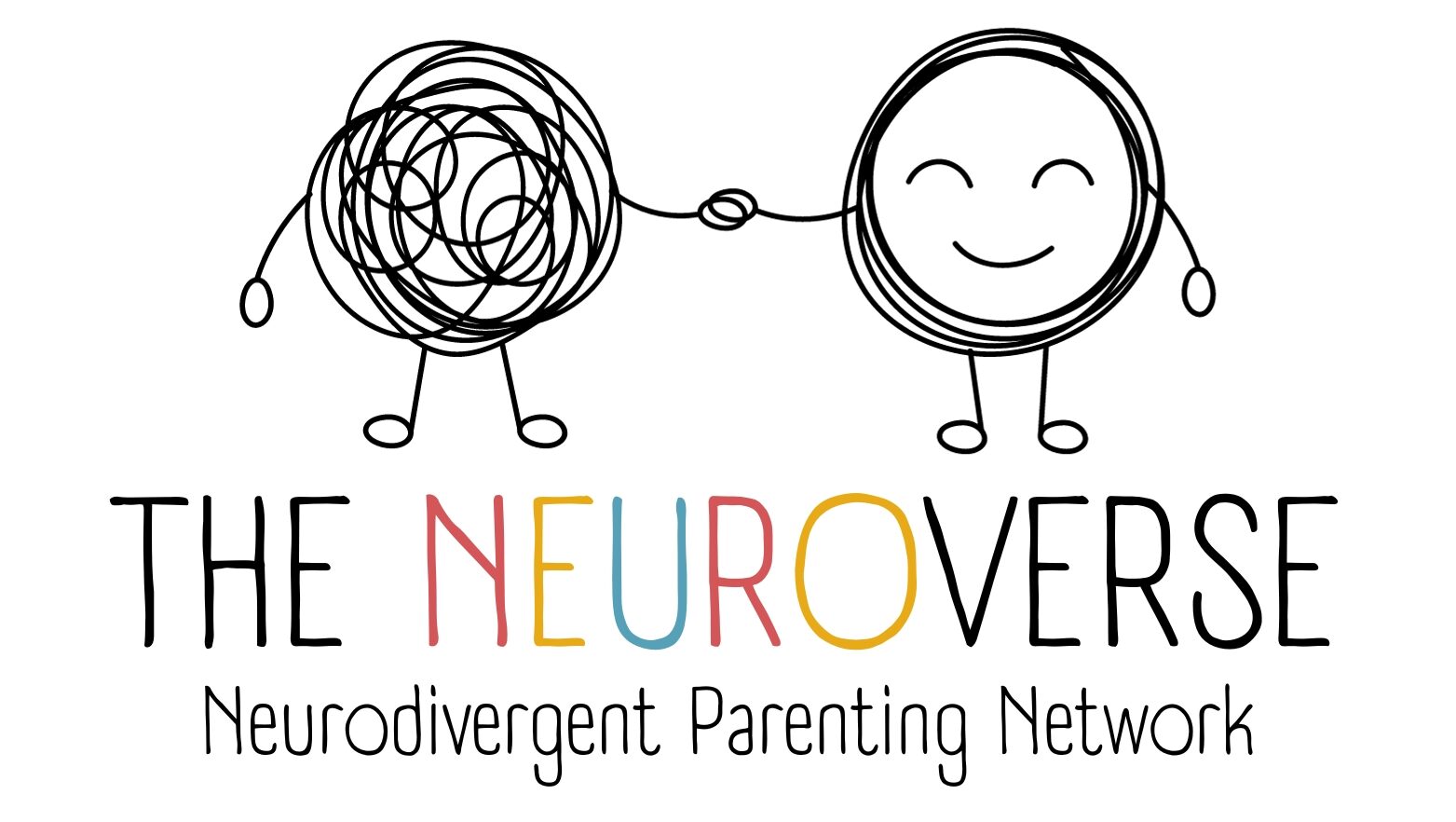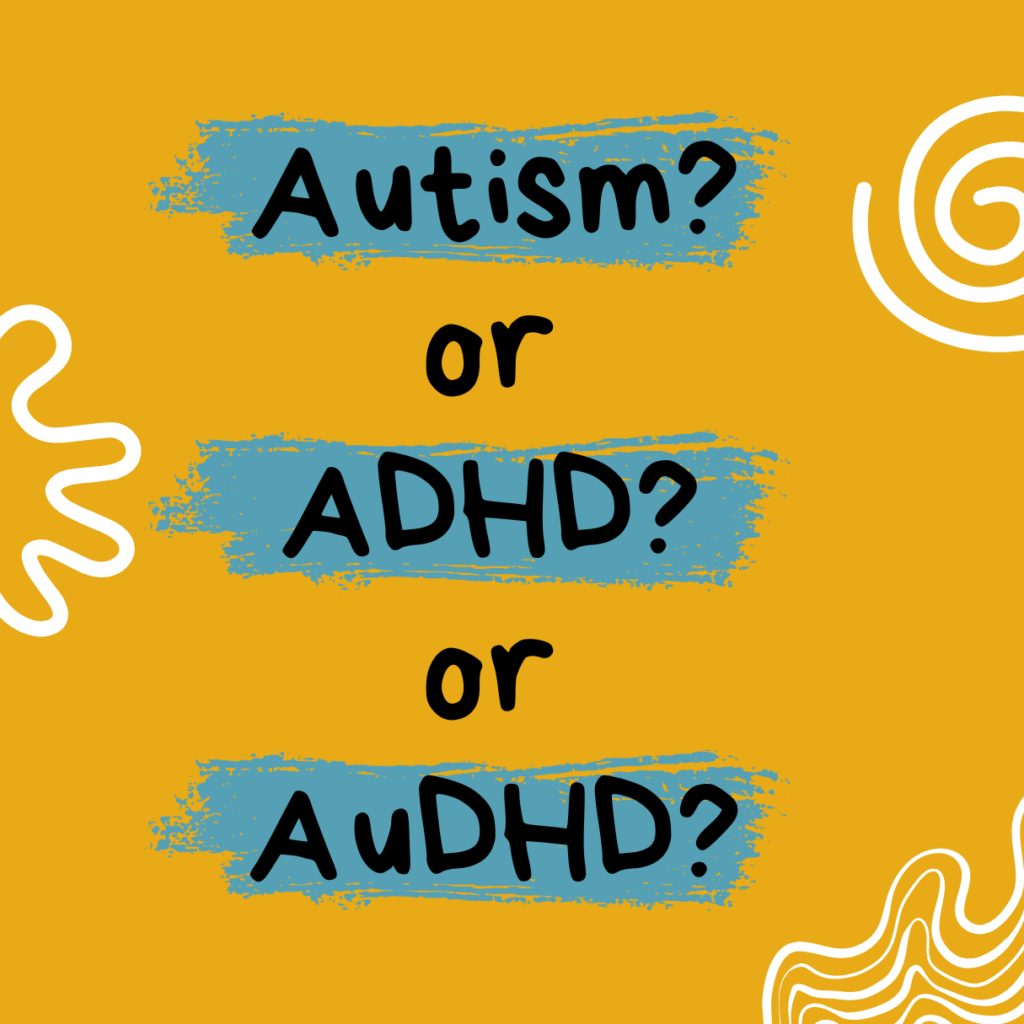Your Neurodivergent Child’s Support Team

When parenting a neurodivergent child, building a strong support team is essential to help them thrive. Navigating the roles of various practitioners can be overwhelming, so understanding what each professional does, when to consult them, and what to expect during appointments can empower you to make informed decisions.
Tips for Building Your Child’s Support Team
- Start with the most pressing concerns: If sensory challenges are disrupting daily life, consult an OT. If communication is the primary challenge, consult a speech therapist.
- Coordinate care: Ensure practitioners share insights with each other to create a unified plan for your child.
- Check with medical aids: Many South African medical aids offer coverage for certain treatments, but confirm the benefits specific to your plan and discuss PMBs with your specialists.
Now, let’s take a look at the key practitioners involved in supporting your child’s journey.
Child Psychiatrist / Paediatric Psychiatrist
A medical doctor who has specialised in psychiatry and then further specialised to work specifically with children.
When Do I Visit:
You should book an appointment with a child psychiatrist when your child experiences any mental health problems, behavioural issues, sleep issues or you are looking for a diagnosis and treatment of conditions like ADHD, autism (ASD), anxiety, or other mood disorders. They are particularly important when medication is being considered as part of your child’s treatment plan.
The Appointment:
Generally, you will fill out a number of forms for background information prior to your appointment. The first appointment often involves a detailed developmental and medical history, behavioural assessments, and discussions about family dynamics. Thereafter, your psychiatrist may wish to see your child every second to six monthly. The psychiatrist will often speak to both the parents and to the child separately during the consultation.
Treatment Methods:
Treatment may include medication management and referrals to other practitioners like occupational therapists or psychologists. It is important to include your child’s psychiatrist in your child’s treatment team so that they can work together. They may want to speak to a teacher or psychologist to gain further feedback and insight. You will need a follow-up appointment to monitor the medication.
Educational Psychologist
An ‘Ed-Psych’ has a masters degree in Educational Psychology. They help children who are experiencing problems within an educational setting and are trained in play therapy.
When to Consult:
If your child is struggling academically, emotionally, or socially. They also assist with school placements, academic assessments, Individualized Education Plans (IEPs), and accommodations for exams such as extra time. It will be important for the examination board to gain evidence of request for accommodation from an educational psychologist.
Appointment Process:
Generally, you will fill out a number of forms for background information prior to your appointment. An educational psychologist may give your child an assessment before treatment starts. An assessment typically includes cognitive, emotional, and educational testing such as the WISCV. Thereafter sessions are with the child and the therapist and include discussion and play therapy depending on the age of the child. Observations and input from teachers are often considered.
Treatment Methods:
Treatment is in the form of ongoing psychology sessions often on a weekly basis at first. They may also liaise with the other health professionals in your ‘team’ as well as your child’s school to create an integrated approach.
Occupational Therapist (OT)
An ‘OT’ has studied Occupational Therapy at university. They may specialise further in fields such as SI (Sensory Integration).
When to Consult:
If your child has difficulties with motor skills (gross or fine), sensory processing (e.g can be over or under sensitive to stimulation), or daily activities like dressing or handwriting, an OT can help. Your child may be referred to an OT by a medical doctor or a school teacher may suggest it.
Appointment Process:
An initial assessment involves observing your child’s abilities in various tasks and identifying areas of difficulty. Generally, you will fill out a number of forms for background information prior to your appointment. Thereafter, your therapist will have the session planned out with a variety of play-based activities tailored to your child’s needs. They may use equipment, games, music or a combination thereof.
Treatment Methods:
Therapy might include play-based interventions, sensory integration techniques, or assistive technology. Each child’s treatment plan is different depending on their special requirements and sensory profile. It is likely your child will visit the OT weekly for a certain length of time.
There may be ‘homework’ to do, a sensory diet to include or changes to your routine that you will need to start as part of the procedure.
Paediatric Neurologist
A medical doctor who has specialised in neurology and then further specialised to work specifically with children. They deal with the nervous system.
When to Consult:
A paediatric neurologist evaluates and treats conditions affecting the brain and nervous system, such as epilepsy, Tourette’s syndrome, or severe ADHD. Make an appointment with a paediatric neurologist if your child experiences any neurological problems such as seizures, severe headaches, developmental delays etc. Neurologists can also diagnose autism and ADHD and rule out any other disorders.
Appointment Process:
Generally, you will fill out a number of forms for background information prior to your appointment. Your child may be required to undergo a number of tests such as an EEG, lumbar puncture, MRI or CT, alongside developmental assessments.
Treatment Methods:
Neurologists help the diagnostic process by screening and testing, being able to rule out any other neurological disorders. They can assess and diagnose your child with ADHD/ASD. They may prescribe medication or suggest alternative options or further tests.
Speech and Language Therapist
A Speech and Language Therapist has studied a Speech-Language Pathology degree at university. They may specialise further.
When to Consult:
Speech and language therapists (SLTs) are invaluable if your child has:
- Delayed speech development.
- Challenges with language comprehension or expression.
- Social communication difficulties, such as in autism.
- Speech clarity issues, such as stuttering or articulation disorders.
Appointment Process:
An initial consultation involves an in-depth assessment of your child’s communication abilities. This may include:
- Observations of speech, language, and nonverbal communication.
- Standardised tests to measure receptive (understanding) and expressive (speaking) language.
- Collaboration with parents, teachers, and other team members for a holistic understanding of the child’s needs.
Treatment Methods:
Interventions are highly individualised and may include:
- Play-based therapy: Encourages language use through structured and spontaneous play.
- Visual supports and AAC (Augmentative and Alternative Communication): Tools like picture cards or speech-generating devices for children with limited verbal skills.
- Articulation therapy: Focused on improving pronunciation and speech clarity.
- Social communication skills training: Helps children learn to interact appropriately in various social settings.
Your therapist may work closely with you and your child’s teacher to incorporate therapy strategies into the classroom and may offer home programs to reinforce skills. Appointments are generally weekly for a length of time.
Play Therapist /Child Psychologist
A child psychologist has a masters degree in Psychology. They focus on the mental, social and emotional development of children.
When to Consult:
Play therapists help children process emotions, trauma, or behavioural issues through structured play activities. They are particularly helpful for non-verbal or younger children. If your child has experienced any type of trauma (family divorce/robbery etc) or is experiencing behavioural issues, it will be helpful to contact a psychologist.
Appointment Process:
Generally, you will fill out a number of forms for background information prior to your appointment. Sessions often involve play-based activities like drawing, role-playing, or using toys to help children express feelings.
Treatment Methods:
Play therapists foster emotional regulation and problem-solving skills, often collaborating with parents and teachers. Your child will most likely visit their psychologist on a weekly basis for a period of time.
Dietitian
A dietician has studied a Bachelor of Dietetics. They can assist with food-related challenges such as ARFID, food allergies, or special diets.
When to Consult:
There are a number of reasons to visit a dietician. If your child has an intolerance to certain foods, food avoidance, is under/overweight or requires a special eating plan. Dietitians play a role when food-related challenges arise, such as ARFID (Avoidant/Restrictive Food Intake Disorder), food allergies, or special diets.
Appointment Process:
A good idea is to create a food diary for a few weeks before you go which will help inform your session. You can expect a dietary assessment, growth monitoring (height/weight) and a personalised plan tailored to your child’s needs.
Treatment Methods:
Dietitians create practical meal plans and educate parents on nutritional needs. You will receive a plan tailored to your child. Note that this might require drastic changes to your family’s current eating patterns. You may also be recommended to supplement their diet with a number of additional vitamins/minerals etc. It is always valuable to do independent research if you feel uncertain.
Developmental Paediatrician
A Developmental Paediatrician in South Africa is a medical doctor who has specialised in paediatrics and has then undertaken a sub-speciality in developmental paediatrics.
When to Consult:
Developmental paediatricians treat many conditions such as cerebral palsy, autism spectrum disorder, ADHD, ODD, anxiety disorders and other intellectual disabilities. If you are looking for a specific diagnosis, a Developmental Paediatrician is often a good port of call as an alternative to a psychiatrist.
Appointment Process:
Generally, you will fill out a number of forms for background information prior to your appointment. Expect a holistic developmental assessment, often integrating feedback from teachers and therapists.
Treatment Methods:
Interventions include behavioural plans, parental guidance, and coordination with other team members. Your Developmental Paediatrician may prescribe medication and refer to additional support specialists. You will be required to have a follow-up consultation at a specific time specified by your doctor.
Conclusion
Each practitioner brings a unique skill set to your child’s support team. By understanding their roles and methods, you can approach interventions with confidence and clarity. Ensure that your team communicates with each other. Remember, you are not alone on this journey!
References
- South African Speech-Language-Hearing Association (SASLHA): www.saslha.co.za
- South African Society of Psychiatrists (SASOP): www.sasop.co.za
- Autism South Africa: www.aut2know.co.za



Leave a Reply